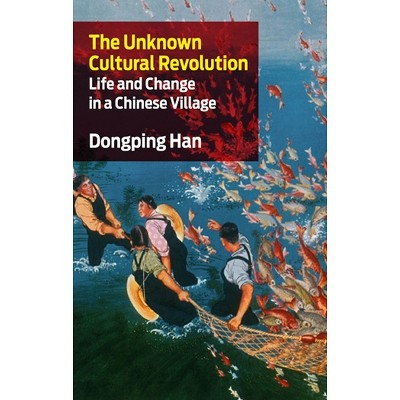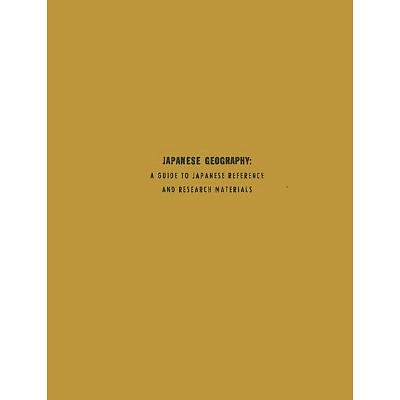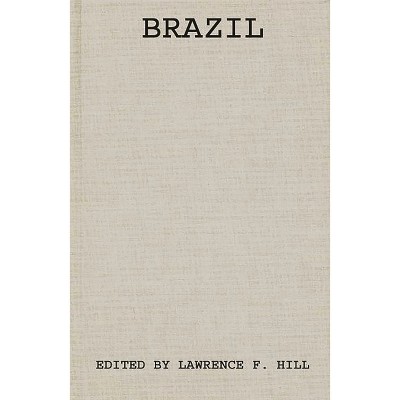Quality Unknown - by Richard Damania & Sébastien Desbureaux & Aude-Sophie Rodella (Paperback)

About this item
Highlights
- Water quantity--too much in the case of floods, or too little in the case of droughts--grabs public attention and the media spotlight.
- About the Author: The World Bank came into formal existence in 1945 following the international ratification of the Bretton Woods agreements.
- 140 Pages
- Political Science, Public Policy
Description
About the Book
This report is an attempt to illuminate the impacts of the hidden dangers that lie beneath the water's surface and elucidate strategies for combating them. The main, though not exclusive, focus is on water quality, with a focus on nutrient loads, salt balances, and the overall environmental health of water bodies.Book Synopsis
Water quantity--too much in the case of floods, or too little in the case of droughts--grabs public attention and the media spotlight. Water quality--being predominantly invisible and hard to detect--goes largely unnoticed. Quality Unknown: The Invisible Water Crisis presents new evidence and new data that call urgent attention to the hidden dangers lying beneath water's surface. It shows how poor water quality stalls economic progress, stymies human potential, and reduces food production.
Quality Unknown examines the effects of water quality on economic growth and finds upstream pollution lowers growth in downstream regions. It reveals that some of the most ubiquitous contaminants in water, such as nitrates and salt, have impacts that are larger, deeper, and wider than has been acknowledged. And it traces the damage to crop yields and the stark implications for food security in affected regions.
An important step toward tackling the world's water quality challenge is recognizing its scale. The world needs reliable, accurate, and comprehensive information so that policy makers can have new insights, decision making can be evidence based, and citizens can call for action. The report calls for a paradigm shift that emphasizes safer, and often more cost-effective remedies that prevent pollution by combining smarter policies with newer technologies. A key message of Quality Unknown is that such solutions exist and change is possible.
About the Author
The World Bank came into formal existence in 1945 following the international ratification of the Bretton Woods agreements. It is a vital source of financial and technical assistance to developing countries around the world. The organization's activities are focused on education, health, agriculture and rural development, environmental protection, establishing and enforcing regulations, infrastructure development, governance and legal institutions development. The World Bank is made up of two unique development institutions owned by its 185 Member Countries. The International Bank for Reconstruction and Development (IBRD) focuses on middle income and creditworthy poor countries and the International Development Association (IDA), which focuses on the poorest countries in the world.Shipping details
Return details
Trending Non-Fiction











